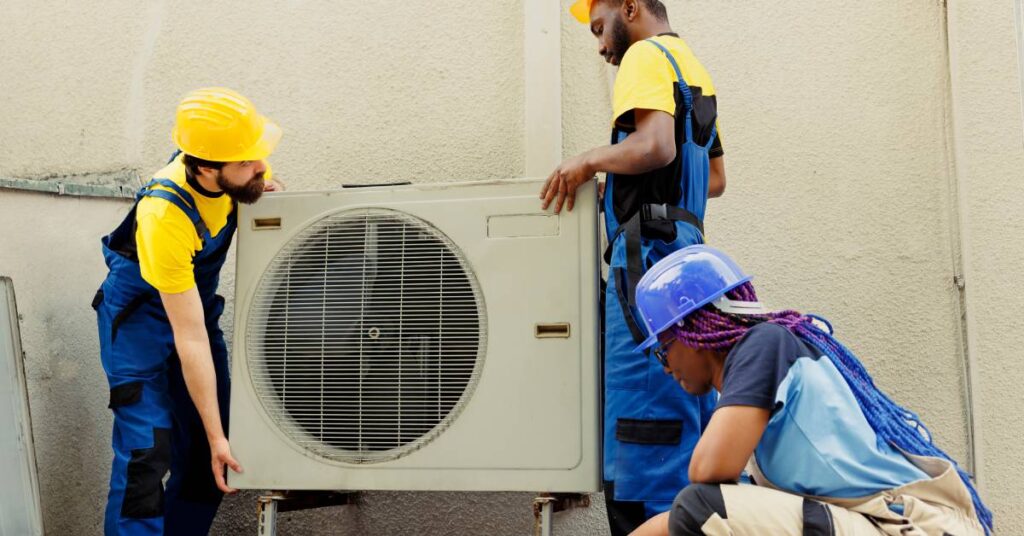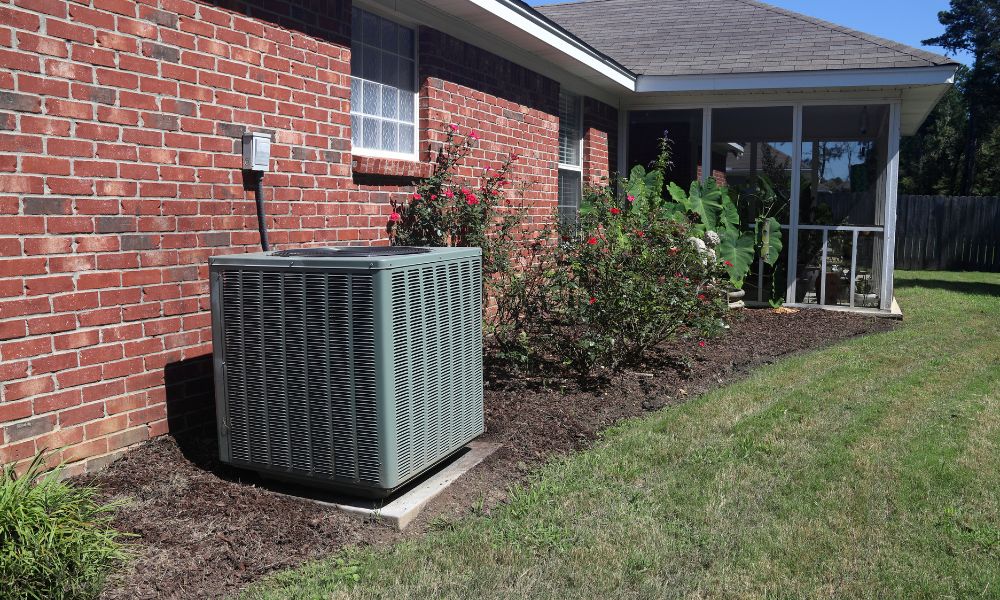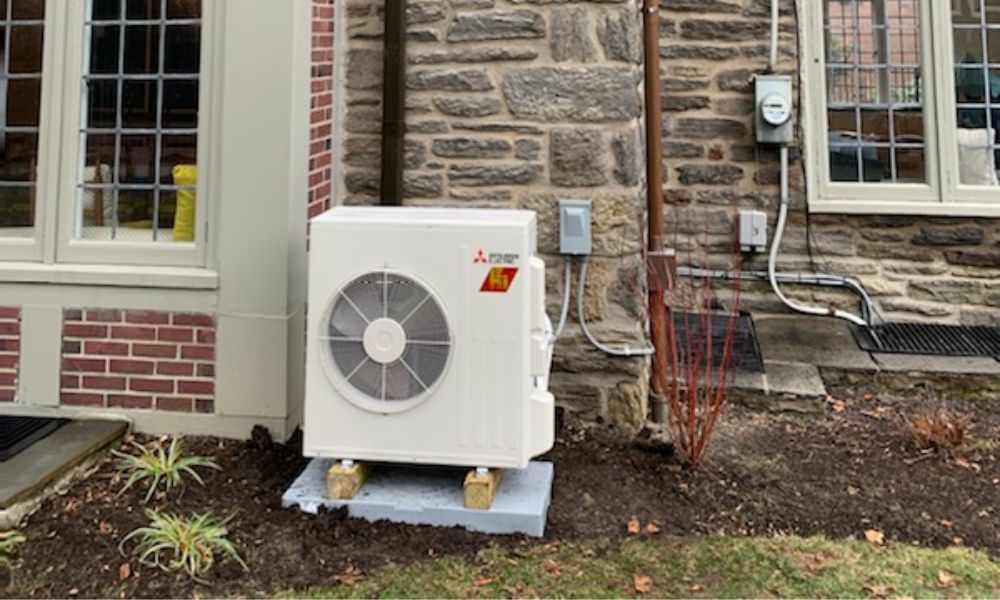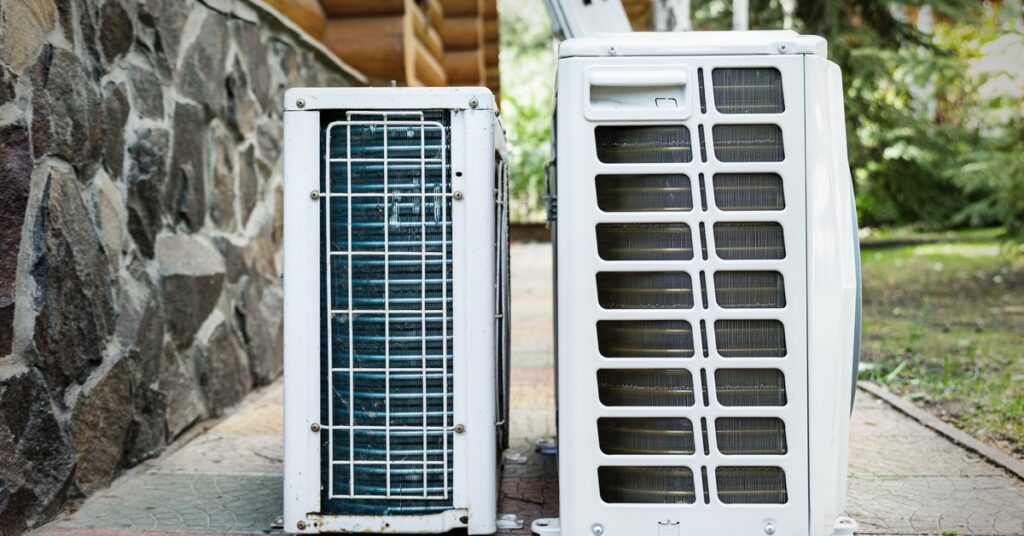
Choosing the right air conditioner size for your home determines your cooling system’s comfort and efficiency. With many factors influencing this choice, from room dimensions and insulation to local climate and energy efficiency, you must understand what’s at stake.
Learn about the factors that determine what size air conditioner is right for your home and find a cooling system that performs optimally throughout the hottest months.
The Importance of Choosing the Right AC Size
When shopping for ACs, you must get the size just right. An air conditioner that’s too small will struggle to cool your space, leading to excessive energy use and frequent breakdowns. Conversely, an oversized unit will cycle on and off too quickly, failing to adequately dehumidify the air and wasting energy.
Both scenarios result in higher utility bills and reduced system lifespan. Understanding the factors that influence the proper size of your AC unit ensures you achieve optimal cooling performance and cost savings over time.
Understanding BTUs
British thermal units (BTUs) measure an air conditioner’s cooling capacity, indicating how much heat it removes from a space per hour. The higher the BTU rating, the more powerful the air conditioner. Choosing the right BTU capacity ensures effective cooling and energy efficiency.
A unit with too few BTUs will work harder to cool a room, while one with high BTUs will waste energy and lead to uneven cooling. Typically, larger air conditioners have a higher BTU rating, making it an important factor to consider when seeking a unit of the right size. Consider BTUs to make an informed choice about cooling needs and ensure your air conditioner performs at its best.
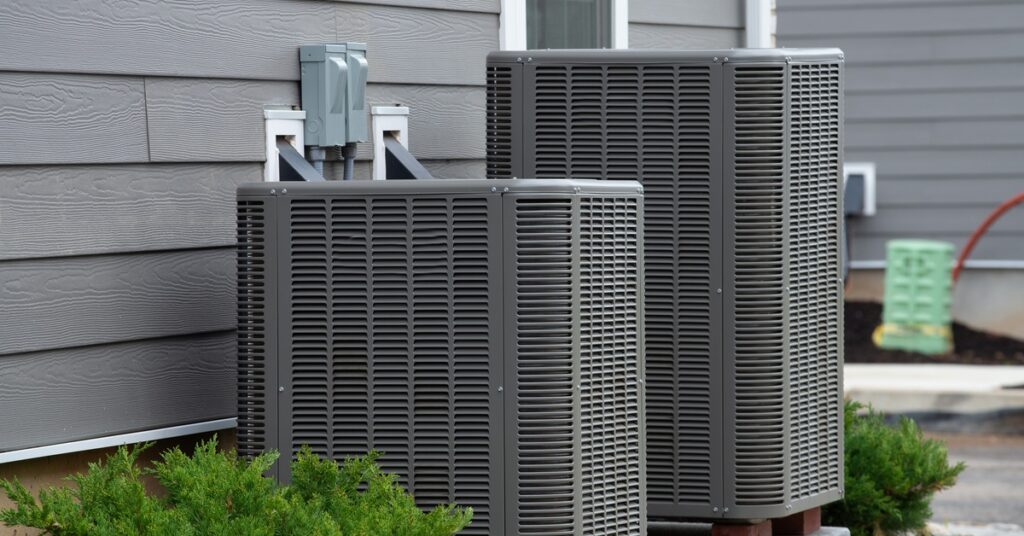
Factors Influencing Air Conditioner Size
Several factors determine the appropriate size of an air conditioner for your home, including room size, insulation, the number of windows, and ceiling height. Consider each to avoid inadequate cooling and excessive energy consumption.
Room Size
Measure the square footage of your space to choose the right air conditioner size. Find the length and width of each room, then multiply those numbers to determine the area in square feet. For oddly shaped or open-concept spaces, break the area into smaller sections and calculate each separately, then add them together for the total square footage. Once you have the square footage, consult BTU guidelines to match your cooling needs.
Room Type
The type of room affects the air conditioner size you need. For instance, the flooring in some rooms determines cold air retention and how large and efficient your unit must be. Carpeted rooms, such as the living room or bedroom, retain temperatures by preventing cold air from escaping through floorboards.
Rooms with more windows, such as the living room or sunroom, are prone to heat, so a larger unit with higher BTUs can improve efficiency. Consider the rooms in your home and their features to find the best air conditioner size.
Ceiling Height
Higher ceilings create more space for air to circulate, so they often require additional cooling capacity and a larger unit to maintain a comfortable temperature. In contrast, lower ceilings may allow quicker cooling with less BTU capacity.
To account for varying ceiling heights, adjust the BTU requirements by adding 10 percent more BTUs for ceilings above eight feet.
Climate
Your local climate is pivotal in determining your home’s air conditioner size. Regions with hotter, humid summers require larger units with higher BTU ratings to combat outdoor temperatures and efficiently maintain indoor comfort.
Conversely, cooler climates may need smaller, less powerful units, as the ambient temperature places less demand on the cooling system. This consideration ensures your air conditioner handles peak heat periods without overworking or underperforming.
Insulation
Insulation quality impacts your air conditioner’s efficiency by determining how well your home retains cool air. Proper insulation maintains a stable indoor temperature and reduces your cooling system’s workload. Further, smaller units will have a greater effect in a room.
Evaluate your home’s insulation, particularly the attic, walls, and windows, where leaks are more likely to occur. Enhanced insulation leads to more effective cooling, allowing you to choose a unit with the appropriate size and BTU capacity.
Windows and Sun Exposure
Windows and sun exposure significantly influence your home’s cooling requirements. Consider the size of the windows to determine what size air conditioner is right for your home.
Large, sun-facing windows increase indoor temperatures, necessitating additional cooling power from larger units with a higher BTU to maintain comfort. Consider the type of glass your windows use and how much solar radiation enters the home to determine the unit’s size and cooling efficiency.
Additionally, installing energy-efficient windows, such as low-E windows, further enhances temperature control by diminishing solar radiation that enters via sunrays. Use treatments like blinds, shades, or reflective films to minimize heat gain and reduce air conditioner strain.
Common Mistakes in Choosing Air Conditioner Size
Choosing the wrong air conditioner size can cause reduced comfort, higher energy bills, and decreased system lifespan. Ignoring special factors such as furniture and average occupancy also leads to poor decision-making for air conditioning units.
The larger objects in the room and the people who frequently inhabit it affect how efficiently the room cools down. A small unit may not be effective in a living room with a sectional and at least five people spending most of the day sitting around. The body heat and decreased open space cause less air to circulate, making cooling more challenging for the unit.
Precision and accuracy are important in choosing an air conditioner size, and deciding without careful consideration leads to negative consequences.
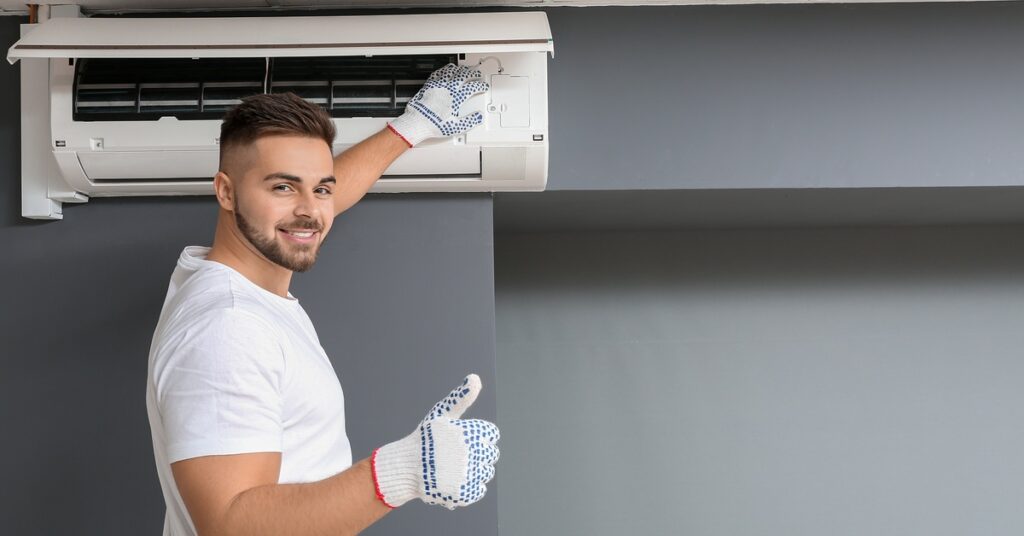
When To Seek Expert Advice
While homeowners often determine air conditioner size through careful calculations, sometimes, a professional assessment is best. The AC installation contractors at W.F. Smith bring extensive knowledge and experience, offering insights into your home’s unique cooling needs.
A professional evaluation identifies overlooked factors and accurately matches your air conditioner and living space. Consulting with an expert provides peace of mind, knowing your investment will deliver maximum comfort and efficiency. Don’t hesitate to seek our professional advice for the best results.
The right air conditioner creates a comfortable, cost-effective, and environmentally responsible living environment that meets your needs now and in the future. Consider the above factors to make an informed decision. Take the time to evaluate your options and consult with professionals if needed.

